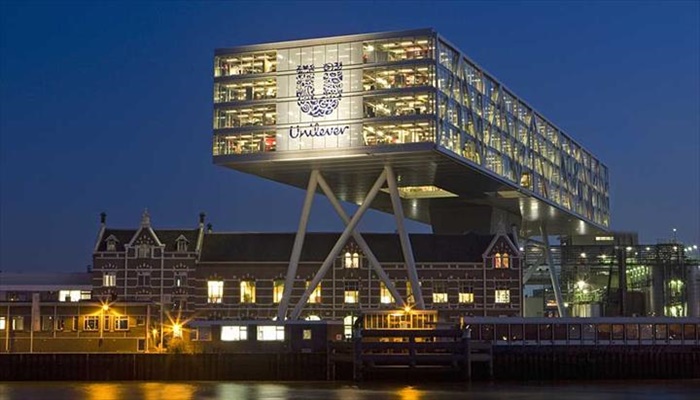Unilever exits home care product brands: Omo, Sunlight, Lux, others affected

Unilever Nigeria Plc says it is stopping the production of its popular home care brands as it struggles to sustain its operations in Nigeria’s tough operating environment.
The products affected include OMO, Sunlight and Lux
The company is “exiting the Home Care and Skin Cleansing categories to concentrate on higher growth opportunities,” according to a statement it issued on March 17.
Unilever began trading in Nigeria in 1923, introduced the OMO brand in 1960, and opened a production facility to manufacture the popular laundry brand locally in 1964. In 1982, it opened a factory in Agbara, which still operates to date.
Formerly known as Lever Brothers (West Africa) Limited, the company changed its business name to Unilever Nigeria Plc in 2001.
“We’re the longest-serving manufacturing company in the country, marking 100 years in Nigeria in 2023,” the company stated.
OMO, an acronym that stands for Old Mother Owl, is Unilever’s largest detergent brand and has become a household name, gaining traction among buyers.
Sunlight detergent is also popular, but not as OMO, while Lux, another brand of Unilever, has since 1925 been serving consumers, especially women, who take pride and pleasure in their beauty.
The consumer goods company has said it would repurpose its portfolio while putting in place measures to make the business more efficient and future-fit, to meet the needs of consumers, shareholders, and employees.
“The exit of these two categories over 2023 will boost the vision to make Unilever Nigeria great, building on the impressive progress made in other key aspects of the business, and is envisaged to result in overall improvement in profitability, growth and a more sustainable Unilever Nigeria Plc business.
“The Company will in due course review the optimal treatment of redundant resources and assets, in accordance with due process,” Unilever stated.
Unilever had shocked most Nigerians when it announced it was cutting back operations of some of its production in the country.
The announcement to cut production of the key product lines came just two years after the fast-moving-consumer-goods (FMCG) spun off its tea businesses (e.g. Lipton) to a separate legal entity under the Unilever global group.
Stopping operations in some product lines is part of a global brand strategy for Unilever’s parent company to improve profit margins.






